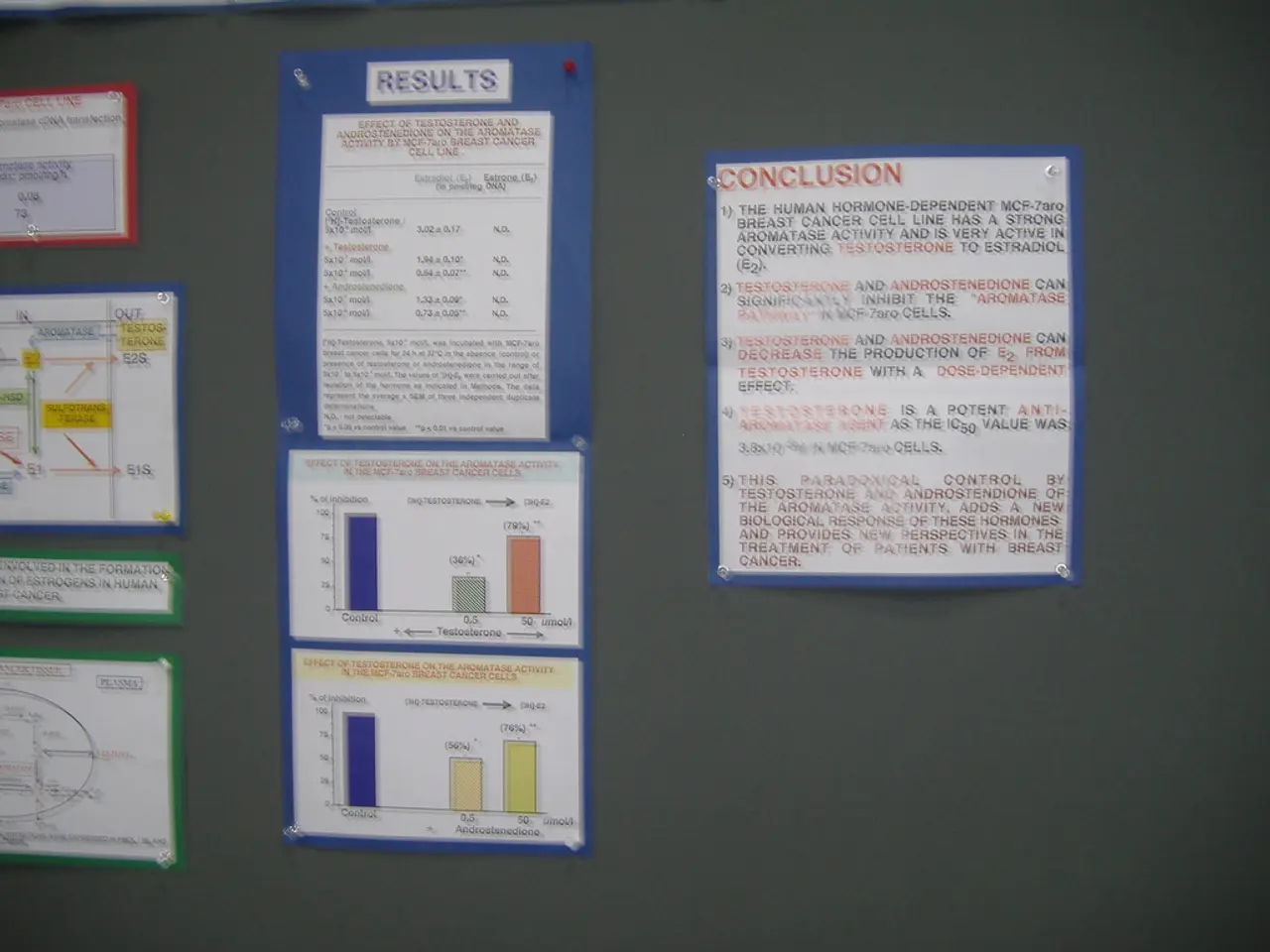Which Individuals Remain on ERTE? Under What Circumstances? Possibility of Return?
"Enough's enough, I just wanna work!", screams Lourdes, an automotive sector employee on ERTE, referring to the lockdown that commenced in March 2020 and extended the benefits of Temporary Employment Regulation Files (ERTE) to preserve jobs during the pause. Lourdes, on '24 horas de RNE', strongly believes others are taking her job. "I was the sole administrative employee in the company," she declares. This type of situation reeks more of fraud than a legitimate company struggling to recover activities. This label, 'zombie company', is what the unions have been shouting, as recently stated by UGT leader Pepe Álvarez on Las Mañanas de Radio Nacional. "Shamelessly keeping workers and the company itself idle, without a shred of hope of recovery, smells of fraud to me," Álvarez declared. As of September, there were 239,230 workers covered by an ERTE in Spain. Most of them are employees of companies that save part of their social security contributions. Only a third, 87,625 employees, have contracts with companies that do not have these exemptions. These are the workers encountering the most challenges getting back to work. Many of these companies should be revived, but they prefer to shoulder the costs of social security instead of resuming operations. "Employees in companies without exemptions are bearing the brunt of returning to work," the unions say. They are demanding a thorough investigation and for the government to dig deep into each company's situation.
For Marcel Jansen, a professor at the Autonomous University of Madrid and a researcher at FEDEA, if someone hasn't returned to work in all this time in sectors no longer subject to restrictions, "it's because of one simple reason: the prohibition of dismissals." According to this theory, there are companies kept on paper because if they close and let go of employees, they would have to return the aid they have received. However, courts have started interpreting this ban as not being eternal. The main argument is that there are companies that were already struggling before the pandemic, and it's evident their situation hasn't improved, so it's not a scandal caused by the pandemic but a systemic issue. In that case, they have the right to dismiss workers, without returning the aid, according to certain interpretations. There are examples, although most courts end up annulling objective dismissals. Fraud can hit deep in the pockets. The regulations allow workers to take on a part-time job while on ERTE. In these cases, they receive money from both ends proportionate to the hours worked. However, practice often strays from theory. For Lourdes, it's been impossible to find another job despite having had the opportunity. First, a company called her for a part-time position, but when she informed them that she was on ERTE and had every intention of returning to her previous company because she had a full-time job there, they declined. "We're not going to train someone just to have them here for two months," they told her. Later, she found another full-time job, but it was a temporary contract, and she turned it down because "no one in any office" could assure her if she could return to the ERTE of her old company at the end of that contract.
Companies with workers included in a temporary layoff file can also resort to them partially. In total, in that situation, between the ERTE and part-time activity, there are in Spain, as of the end of September, 76,639 workers, which is 32% of the total. Another possibility is to receive the benefit and work at the same time without providing further explanation. The problem is that it's illegal. The Labor Inspectorate monitors this. Its deputy general director, Irene Marín Luengo, explains in a special report on ERTE in '24 horas' that these are the most frequent fraud situations. The consequences are severe.
"Forcing workers to work while on ERTE is a crime punishable by a fine between €7,500 and €225,000 for each employee," recalls Marín Luengo. But there are also consequences for the worker in the case of agreement with the company. If the Inspectorate discovers it, "it would mean the suspension of the benefit and the return of the undue amounts." Since the beginning of the crisis, the Inspectorate has conducted 42,600 investigations that have led to sanctions in more than 5,700 cases.
- Lourdes' situation, where she was on ERTE but struggled to find another job, raises concerns about employees taking advantage of the system, such as working part-time despite being on ERTE, which can potentially be considered fraudulent.
- The Inspectorate's rigorous monitoring of ERTE cases has uncovered numerous instances of fraud, such as forcing workers to work while on ERTE, a crime punishable by a significant fine, and such cases have been sanctioned in over 5,700 instances since the beginning of the crisis.






